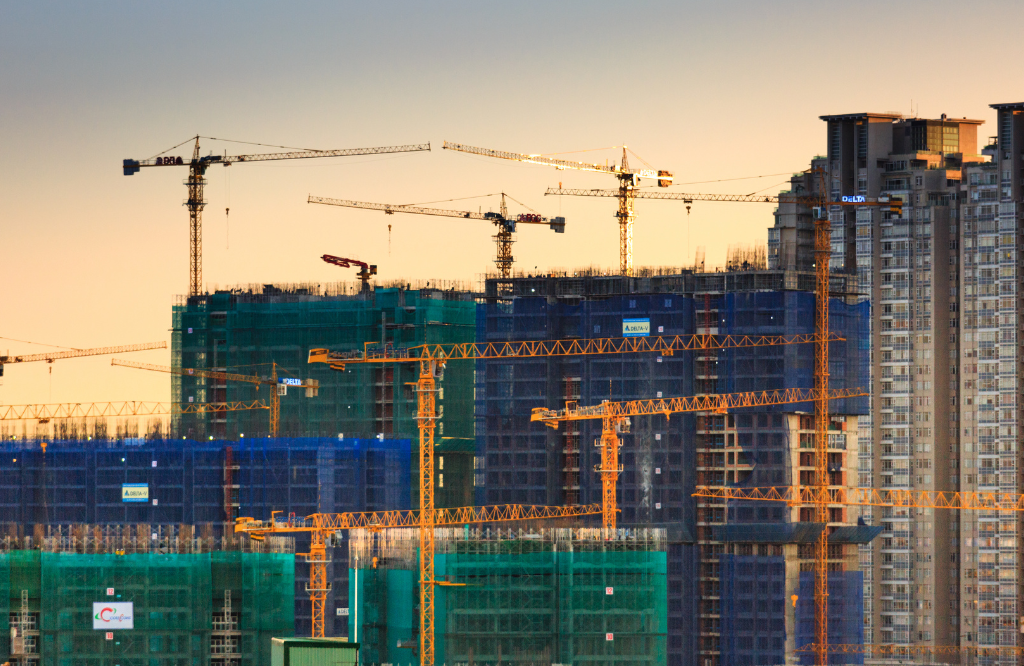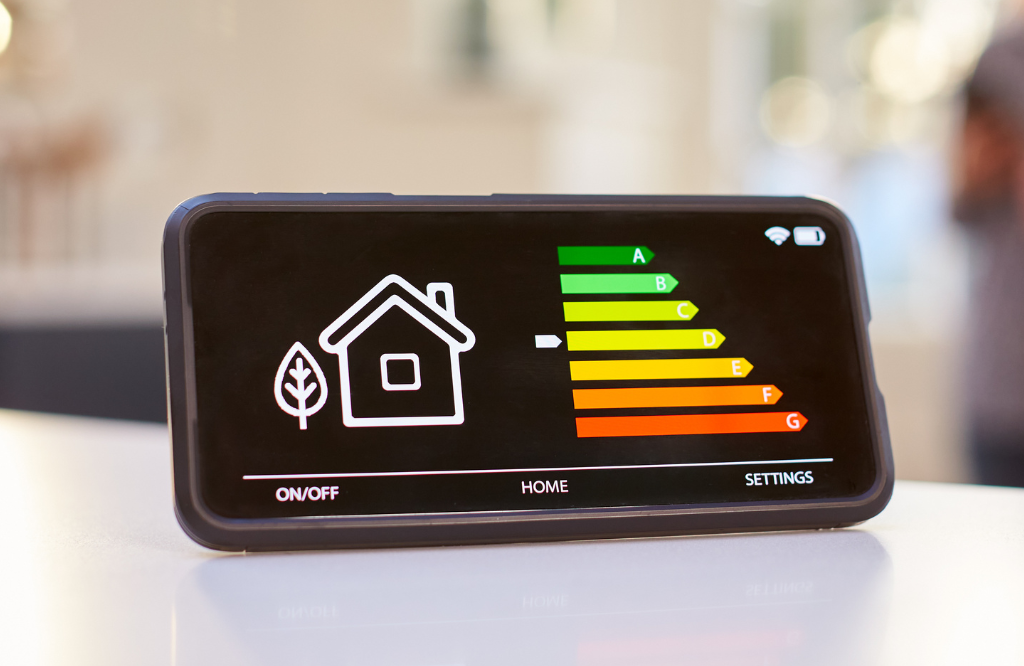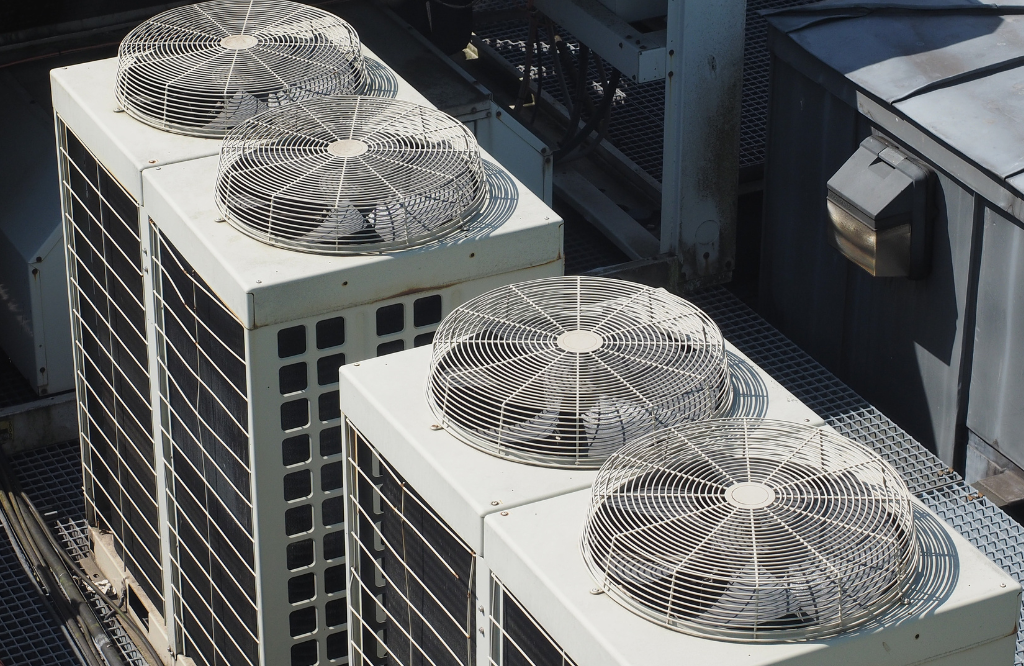Navigating the New Building Regulations: What You Need to Know for 2024
In April 2024, significant updates to building regulations came into effect across the UK. The new regulations have impacted the construction industry, property developers, and homeowners. These changes reflect the government’s ongoing commitment to improving sustainability, safety, and energy efficiency in our built environment.

Energy Efficiency and Sustainability
The UK government have set out an aim to be net zero by 2050. This means that the amount of greenhouse gases produced will equal the amount that is removed from the atmosphere. Additionally, the government have also set out goals to help reach this aim, they want to reduce all direct emissions by 50% in 2032 and 75% by 2037. In order to reach these goals new legislation has been passed:
Insulated Standards: In an attempt to reduce the energy costs for homeowners in the UK, new construction projects and refurbishments must meet new tougher criteria. The government have pledged to spend £1 billion to help 300,000 households.
Renewable Energy Integration: New buildings are now encouraged (and in many cases, mandated) to incorporate renewable energy sources. These include: solar panels, heat pumps, and energy storage systems. These changes align with a broader push towards greener technologies and attempting to reduce the reliance on fossil fuels.
Updated U-values: U-values refer to how well walls, floors, roofs, and windows retain heat, and play an important role in evaluating a building’s thermal efficiency. This helps ensure that buildings conserve as much energy as possible, reducing the heating and cooling costs.

The Updated Fire Safety Regulations
In light of recent tragedies, such as The Grenfell Tower Fire, fire safety regulations have been tightened especially in high-rise buildings and residential housing complexes.
Non-combustible Materials: In tall buildings (over 18 metres high), the use of non-combustible materials for cladding and insulation is now compulsory. This regulation aims to prevent the spread of fire on building exteriors.
Sprinkler Systems and Fire Alarms: The updated regulations require more rigorous implementation of sprinkler systems in new residential buildings above a certain height. Additionally, more sophisticated fire alarm systems are now mandated in larger developments to ensure rapid detection and alerting of occupants.
Escape Routes: Changes to the design and provision of escape routes, especially in multi-story buildings, have been made. Further and clearer guidance on ensuring unobstructed and safe evacuation during emergencies is provided in the new regulations.

Ventilation and Indoor Air Quality
The coronavirus pandemic has led to an increase in concerns about indoor air quality. As a result, the new regulations put strong emphasis on adequate ventilation on both residential and commercial properties.
Improved Ventilation Requirements: New and refurbished homes must ensure that ventilation systems meet higher standards. This is to improve the air circulation and reduce the concentration of indoor pollutants. These requirements have been put in place to protect the health of all occupants.
Ventilation Control Systems: The use of mechanical ventilation with heat recovery (MVHR) systems has become more common in the updated regulations. This ensures that fresh air is brought into a building, while maintaining energy efficiency.

What This Means for Developers, Contractors, and Homeowners
For developers and contractors, the new building regulations of April 2024 updates will require careful planning and adaptation. Builders will need to consider the increased standards from the outset. Materials and designs must comply with the stricter regulations. Non-compliance could lead to delays and potential penalties.
Homeowners looking to renovate or extend their properties will also need to be mindful of the updated standards. While the changes may mean slightly higher upfront costs in construction, the long-term benefits in energy savings, safety, and environmental impact are expected to outweigh initial expenses.
